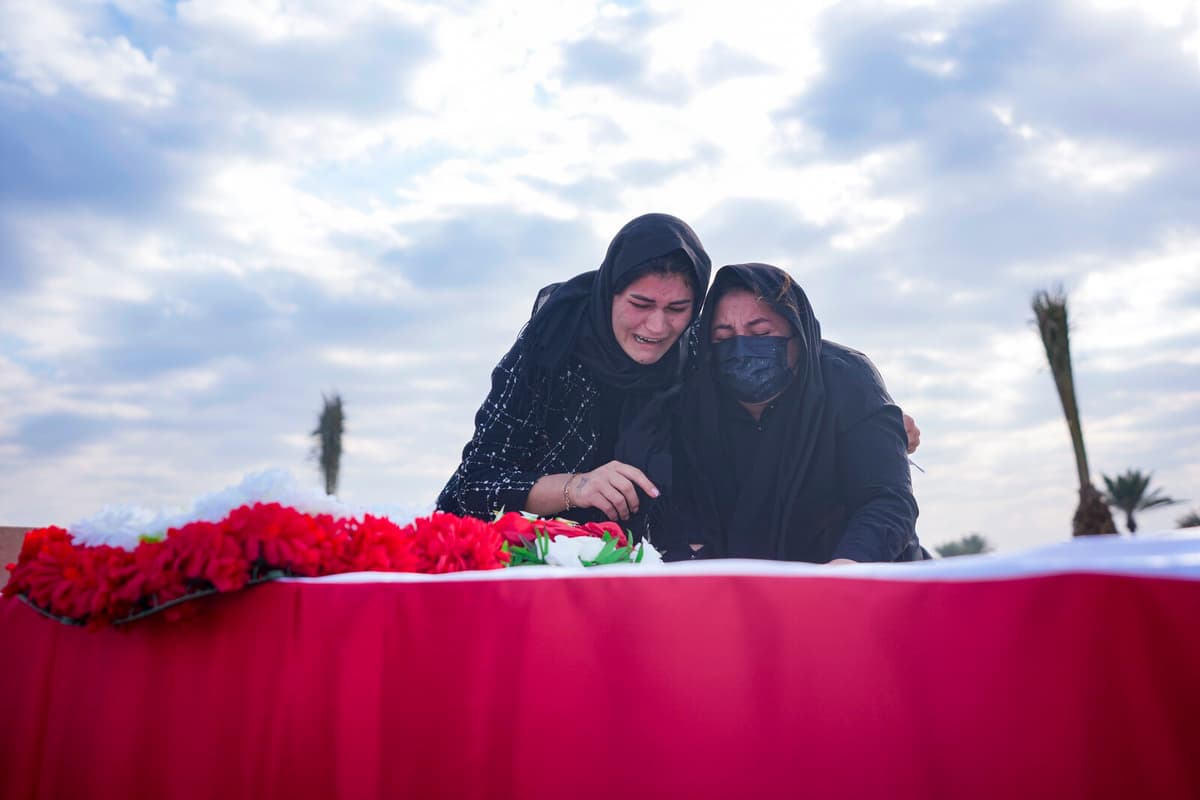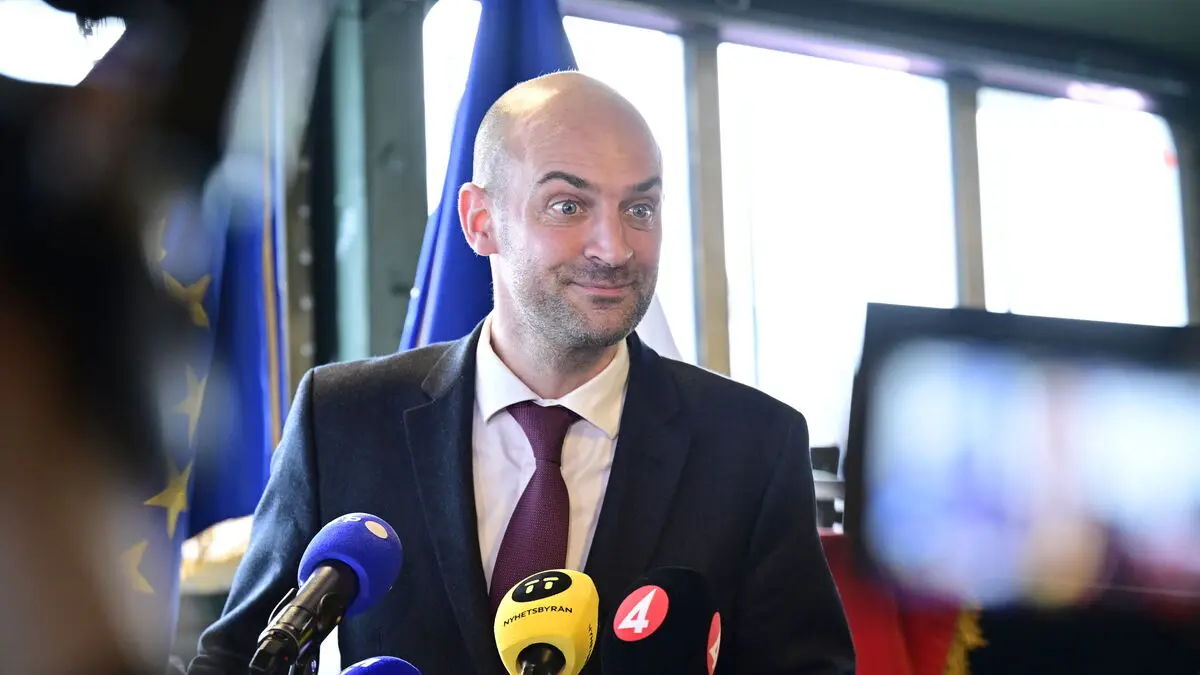It is early in the morning on August 3, 2014, when hundreds of IS fighters launch their attack on Sinjar in northeastern Iraq. The area along the Syrian border is home to the majority of the world's Yazidis, an ancient religious minority that the terrorist group has branded as "devil worshippers" and "heretics".
Many Yazidis flee, but thousands are taken captive.
Men and teenage boys who do not convert to Islam are executed summarily, according to a report from the UN's special commission for human rights abuses in Syria.
The men and boys who survive are forced into labor after being forcibly converted, while younger boys are made into child soldiers and suicide bombers. Women and girls are taken to Syria to be sold as slaves to IS.
Daily Rapes
In the UN report, witnesses describe how women and children in desperation rip and soil themselves to try to make themselves unattractive to buyers. Several also take their own lives.
Those who are sold have later told of nearly daily rapes.
We spoke with a doctor who examined women and children when they returned to Iraq. There were over a hundred people. No one over the age of nine had not been raped, says Nicolette Waldman, investigator at Amnesty International.
Any resistance was punished mercilessly. A woman tells in the UN report of how several of her children were killed after an escape attempt.
In 2016, the UN recognized the abuses as genocide and concluded that IS was trying to exterminate the Yazidis.
But despite IS's collapse in 2019, an estimated 2,600 Yazidis are still missing. Many are believed to be held in internment camps set up for IS supporters, after being swept up by mistake along with their perpetrators.
Amnesty International demands that more be done to get them out, not least from the international community.
It's not hopeless, there are Yazidis out there, but it requires much greater efforts to identify them and return them, says Waldman.
Few Prosecutions
Even though the genocide is well-documented, very few cases have led to prosecution. This week, the first Swedish trial begins, where a woman from western Sweden is accused of holding Yazidi slaves in Syria as part of IS's systematic attacks on the group.
The case is being followed far beyond Sweden, according to Nicolette Waldman.
This is an extremely important case. Even if this is just one person, it is symbolically important for the Yazidi community, that this is not being ignored.
In September, a 52-year-old woman was charged at Stockholm District Court for crimes against humanity, genocide, and grave war crimes. The woman denies the charges.
According to the indictment, the 52-year-old has enslaved six Yazidi children and three women in her home in the Syrian city of al-Raqqa between 2014 and 2015, when the city was under IS control.
The indictment is the first in Sweden for crimes against humanity, and the first to try IS's attacks on the Yazidi minority. In Europe, similar charges have only been brought in Germany.
The woman grew up in western Sweden and traveled to Syria in 2013 to live in the Islamic State together with her husband. In 2022, she was sentenced to six years in prison for grave war crimes and grave violations of international law, after taking her then 12-year-old son to Syria and letting him become a child soldier in IS. The boy was killed at the age of 16 in Syria.
Source: The Prosecution Authority






